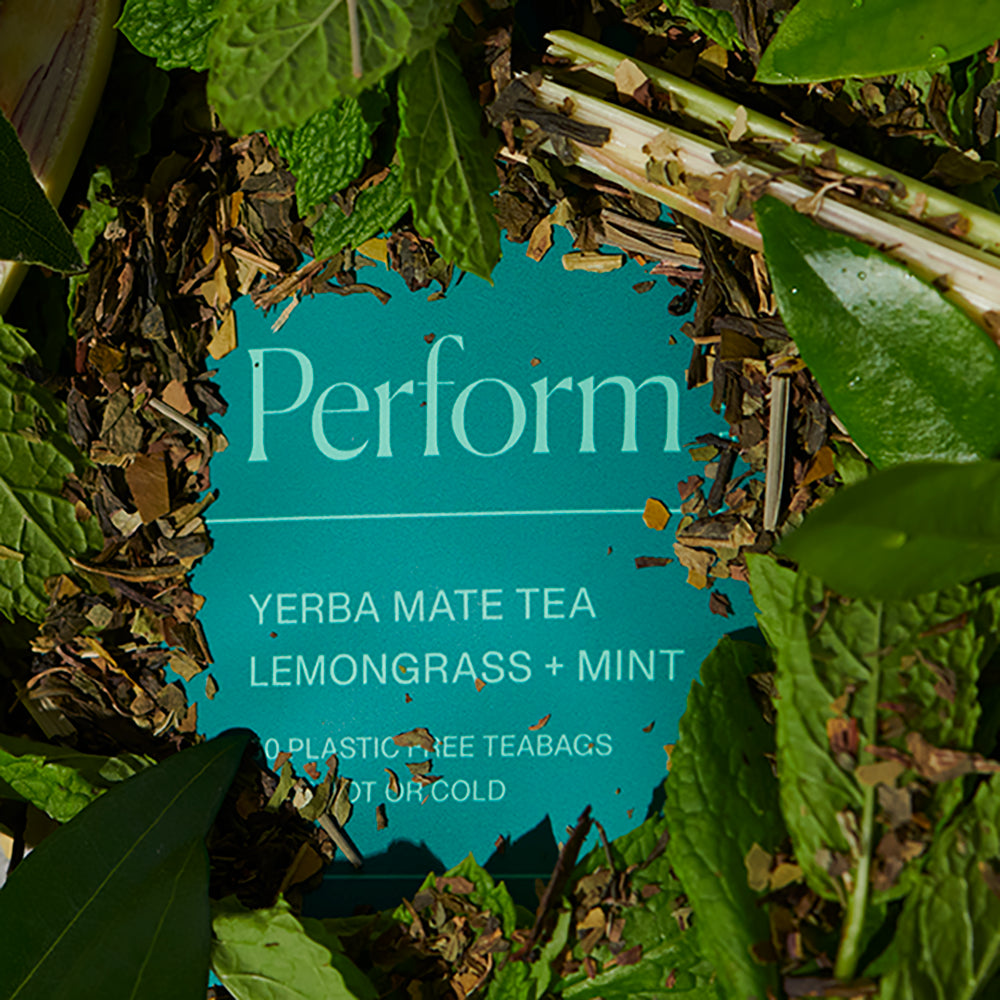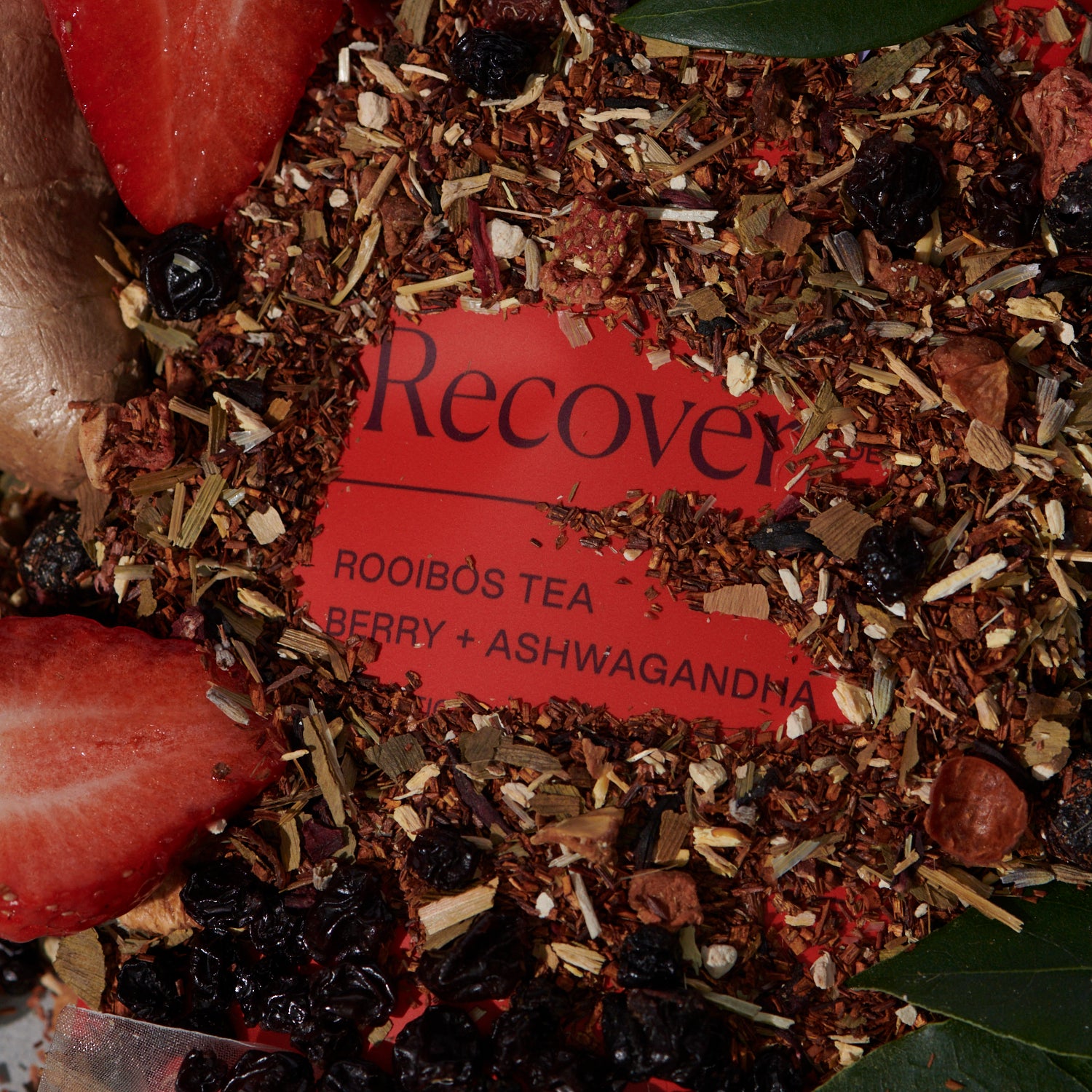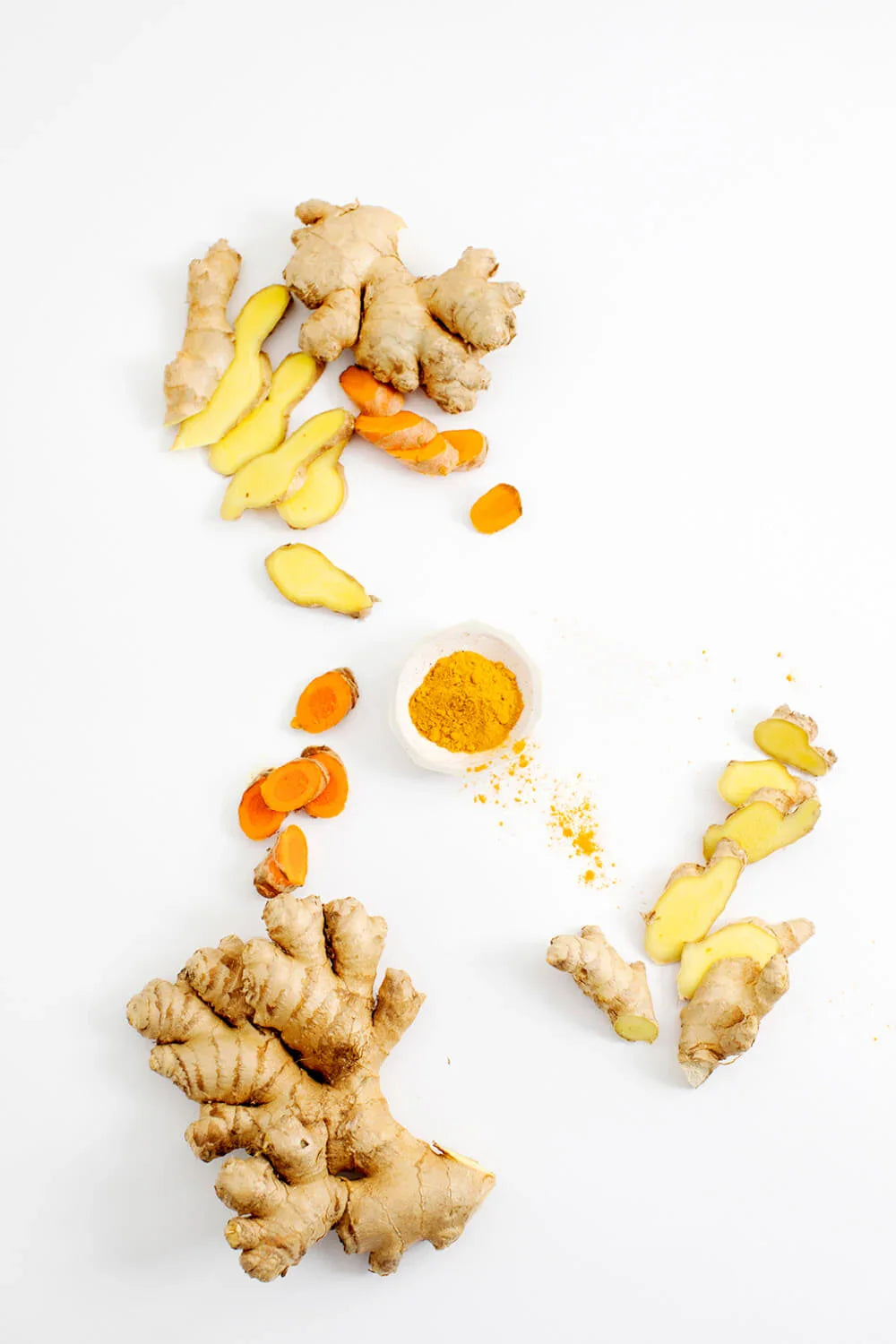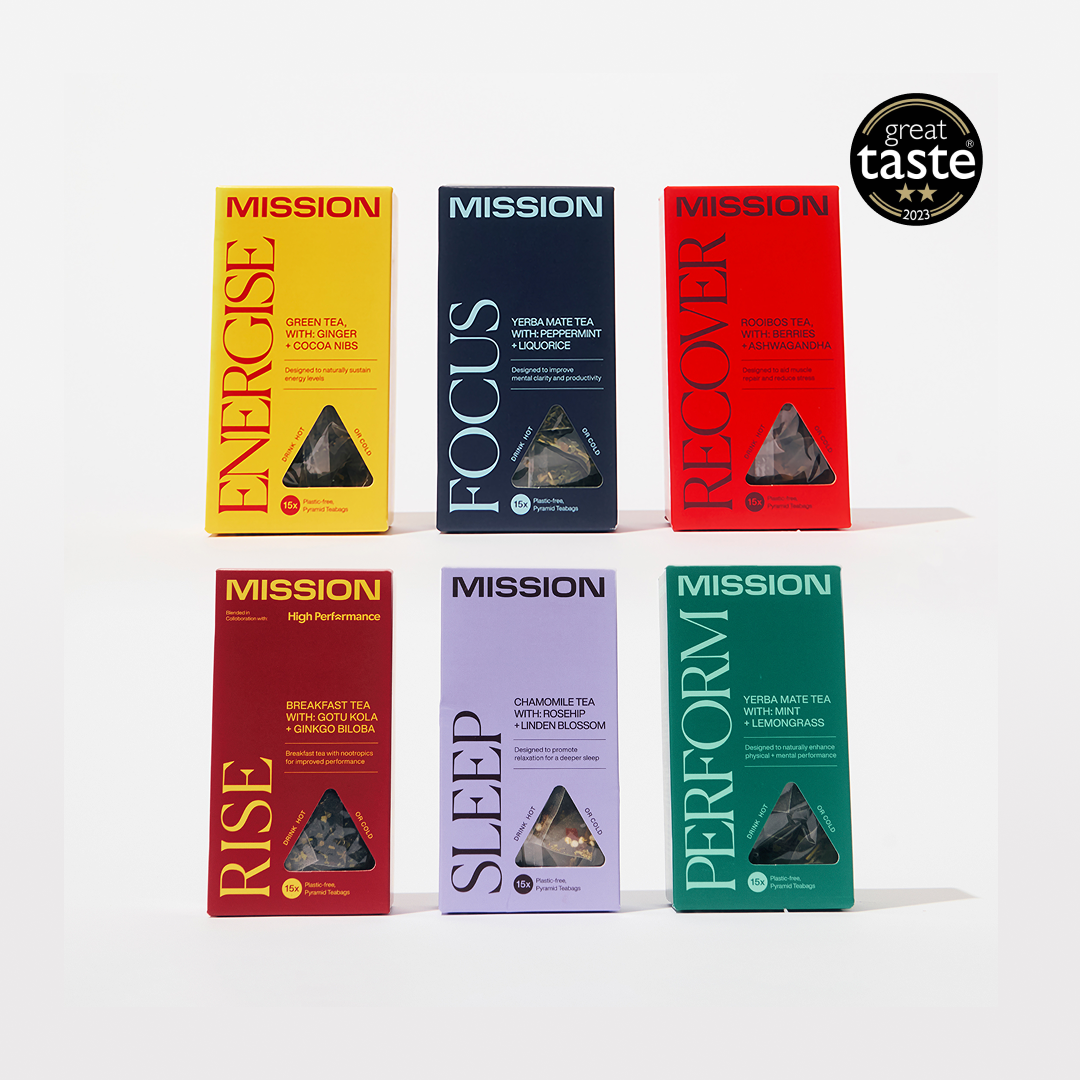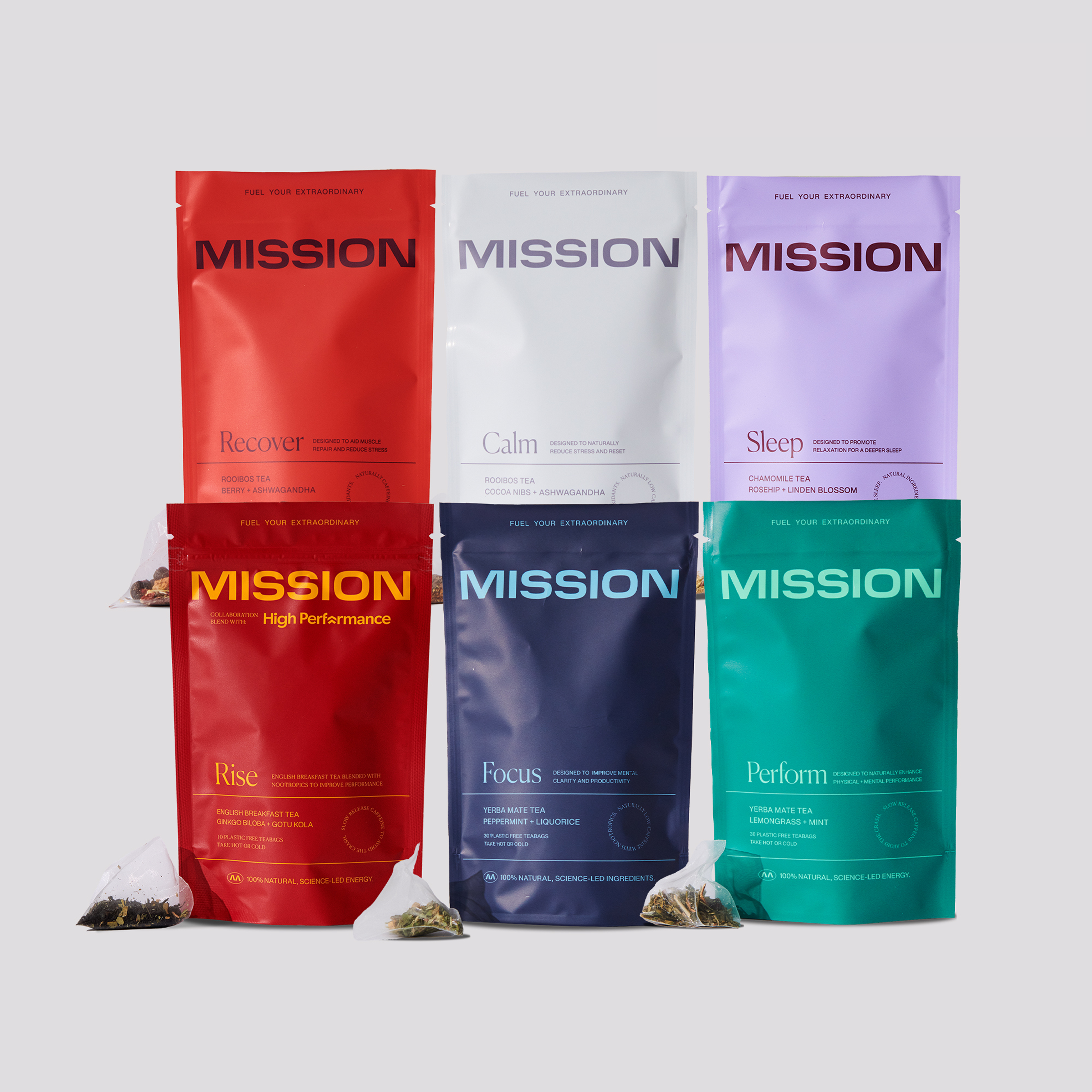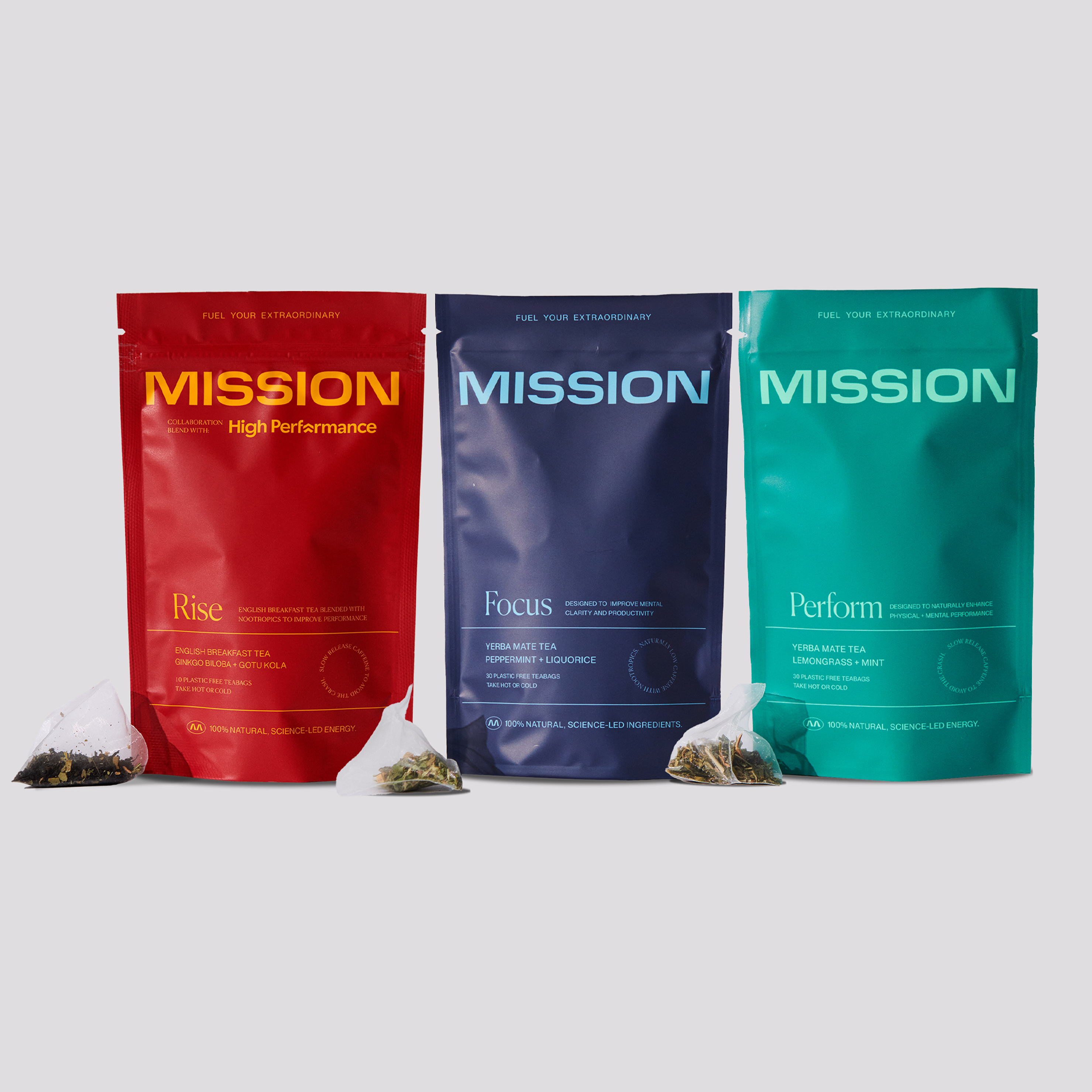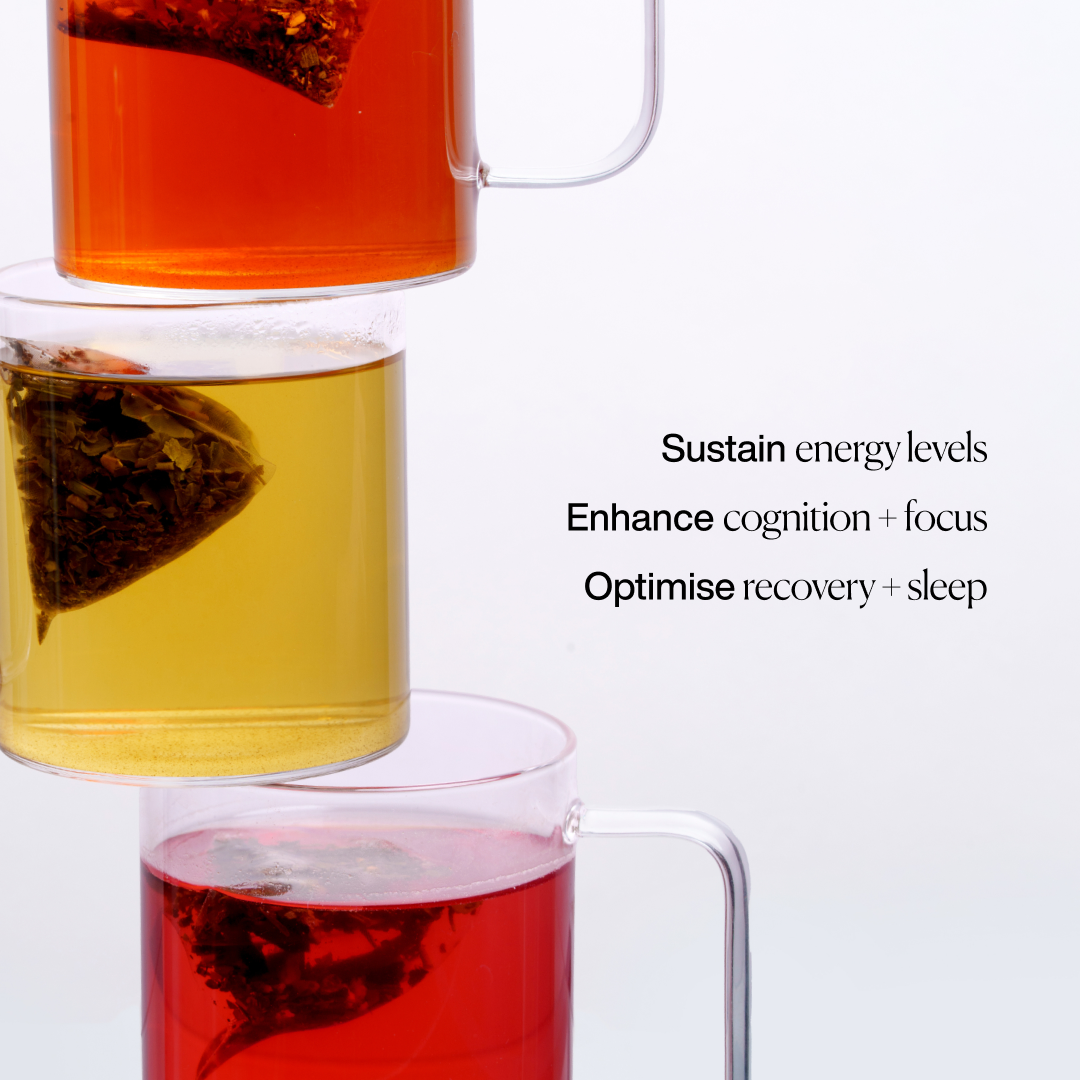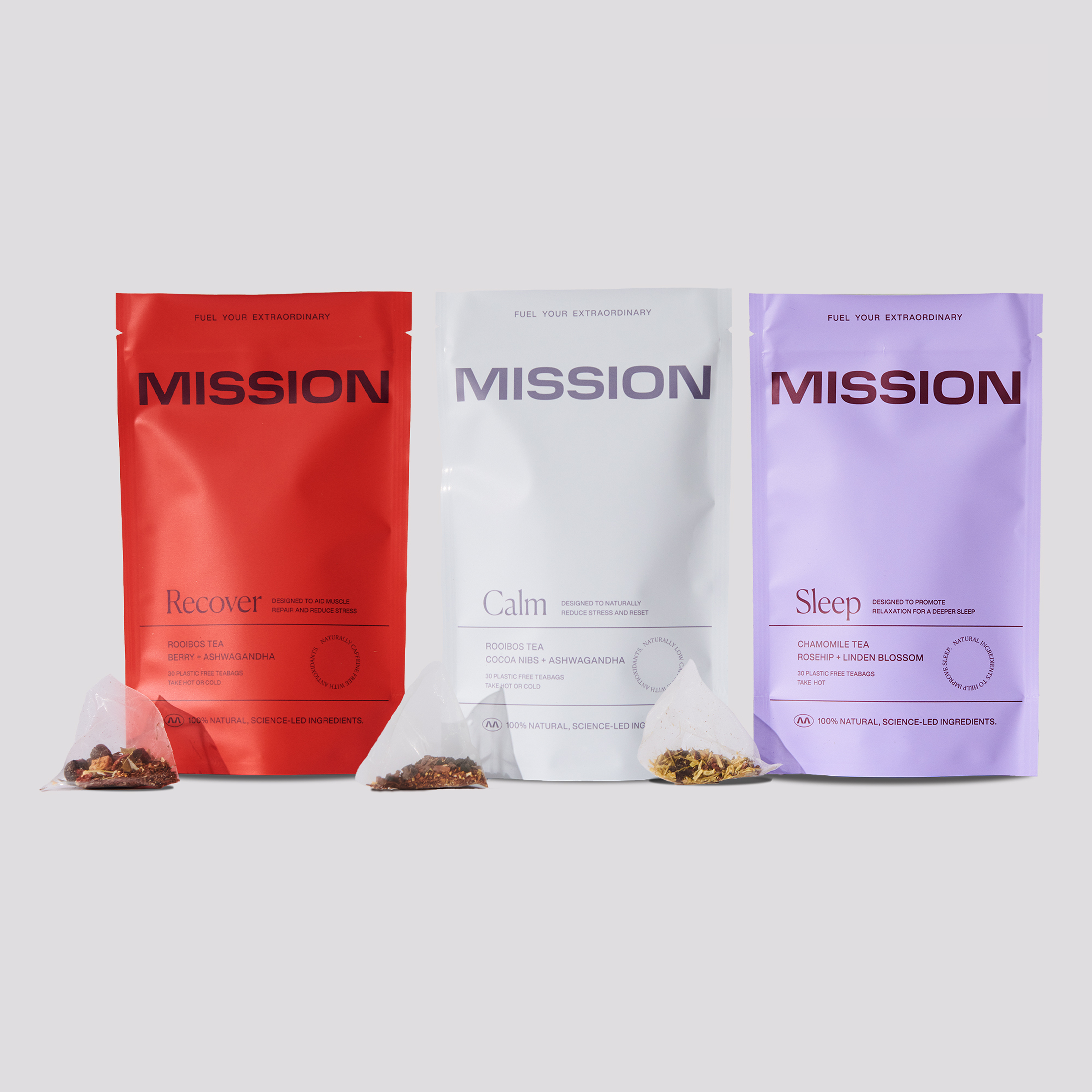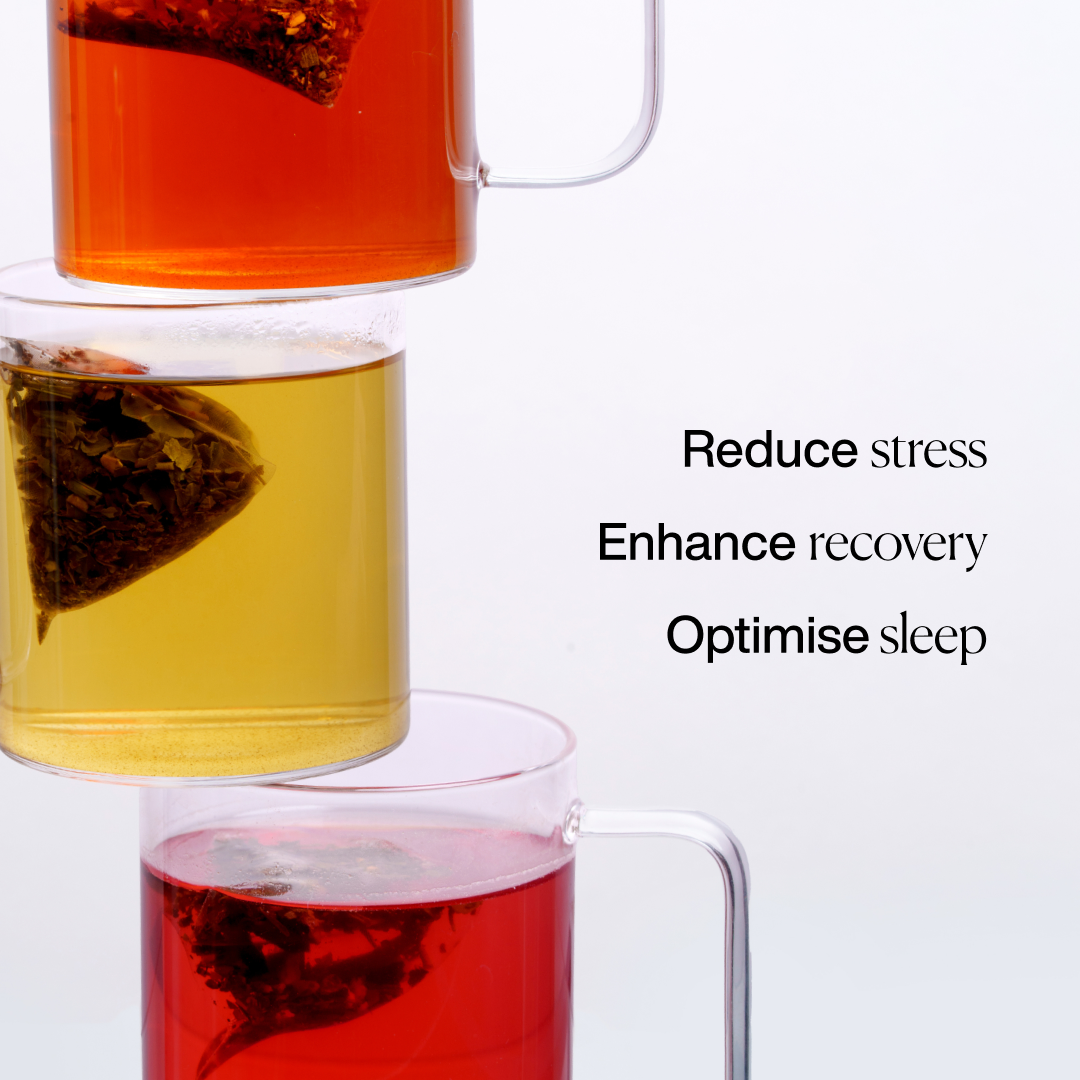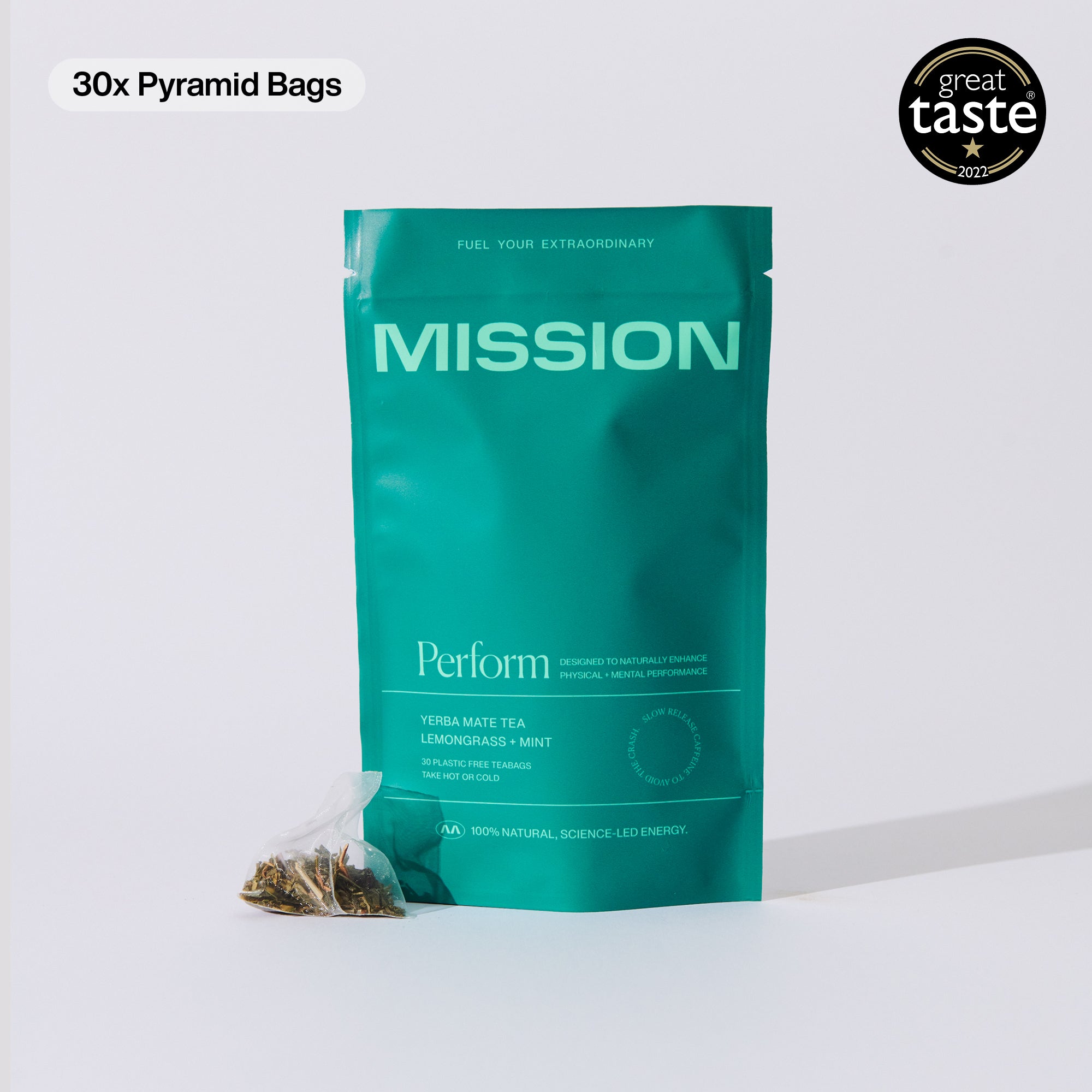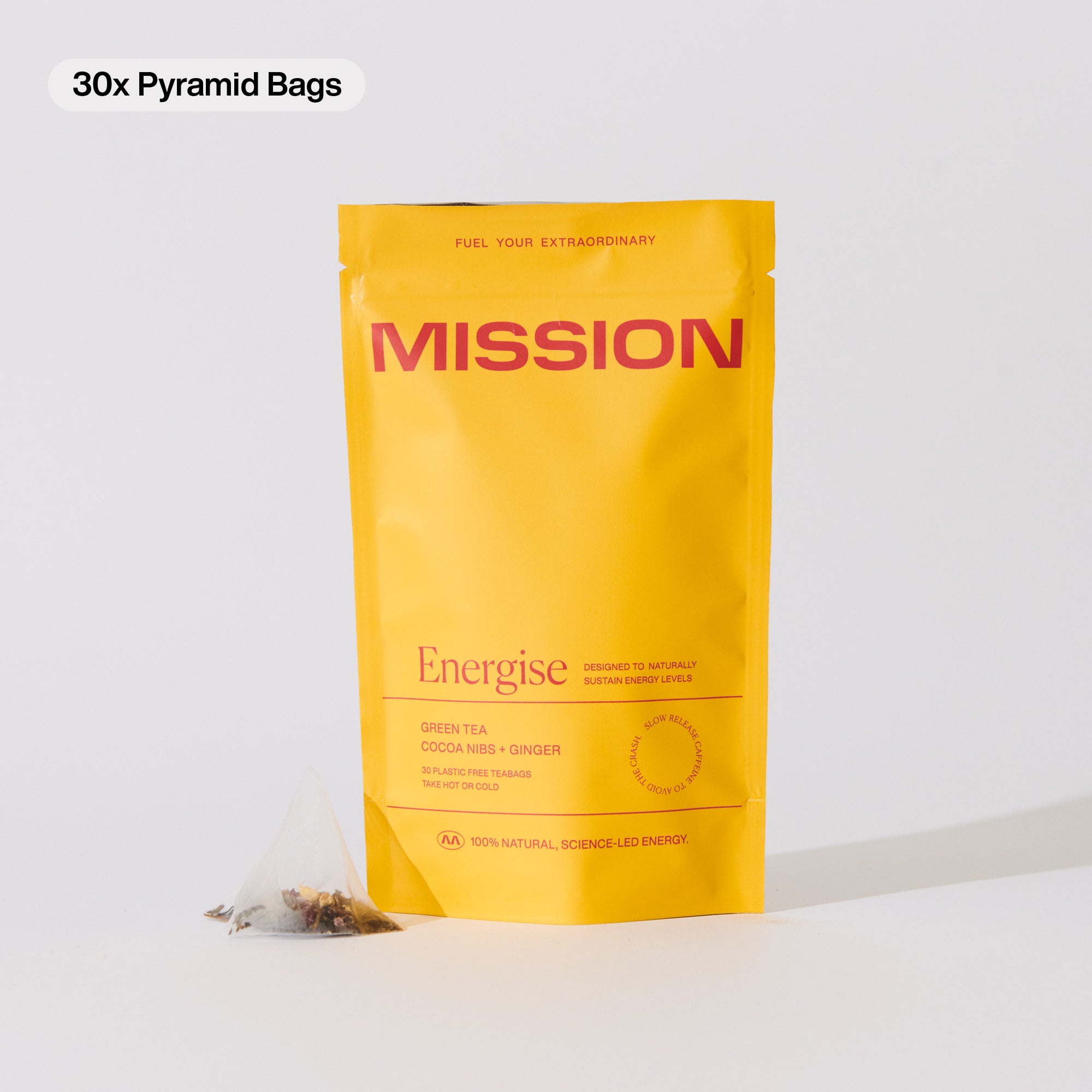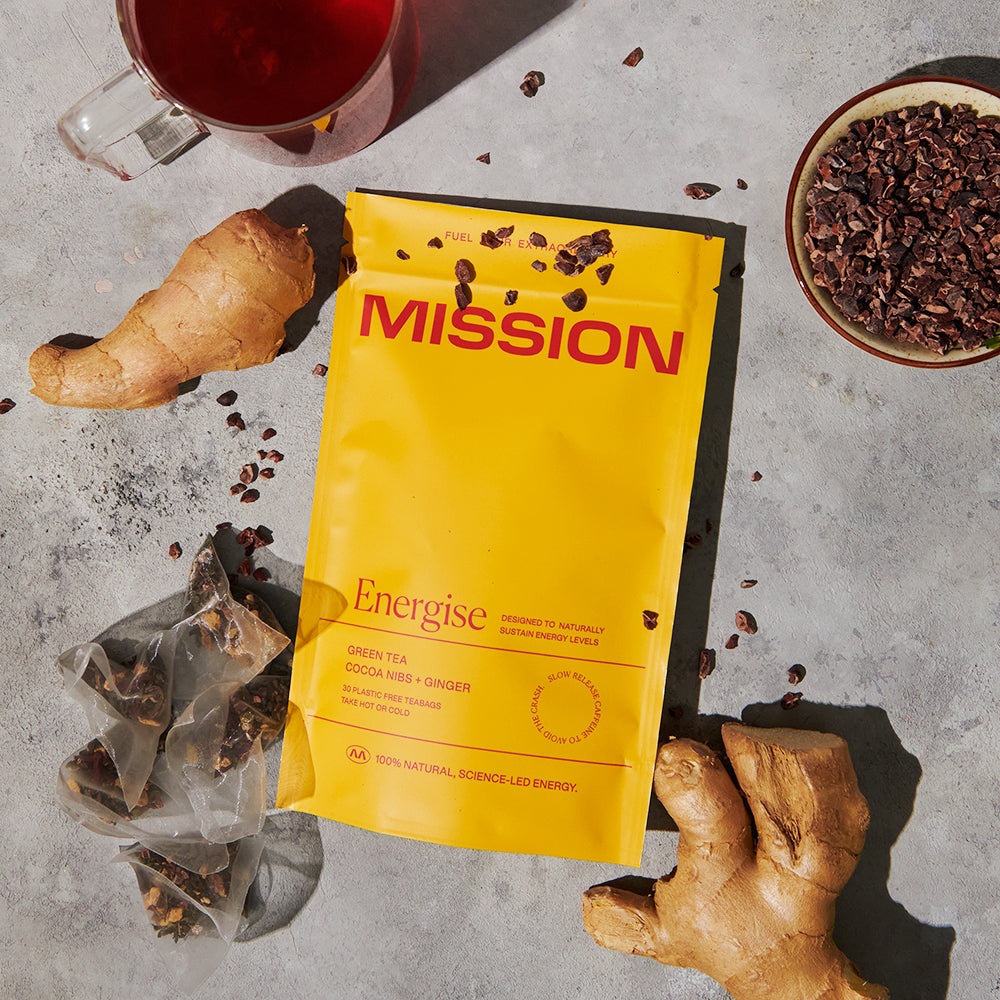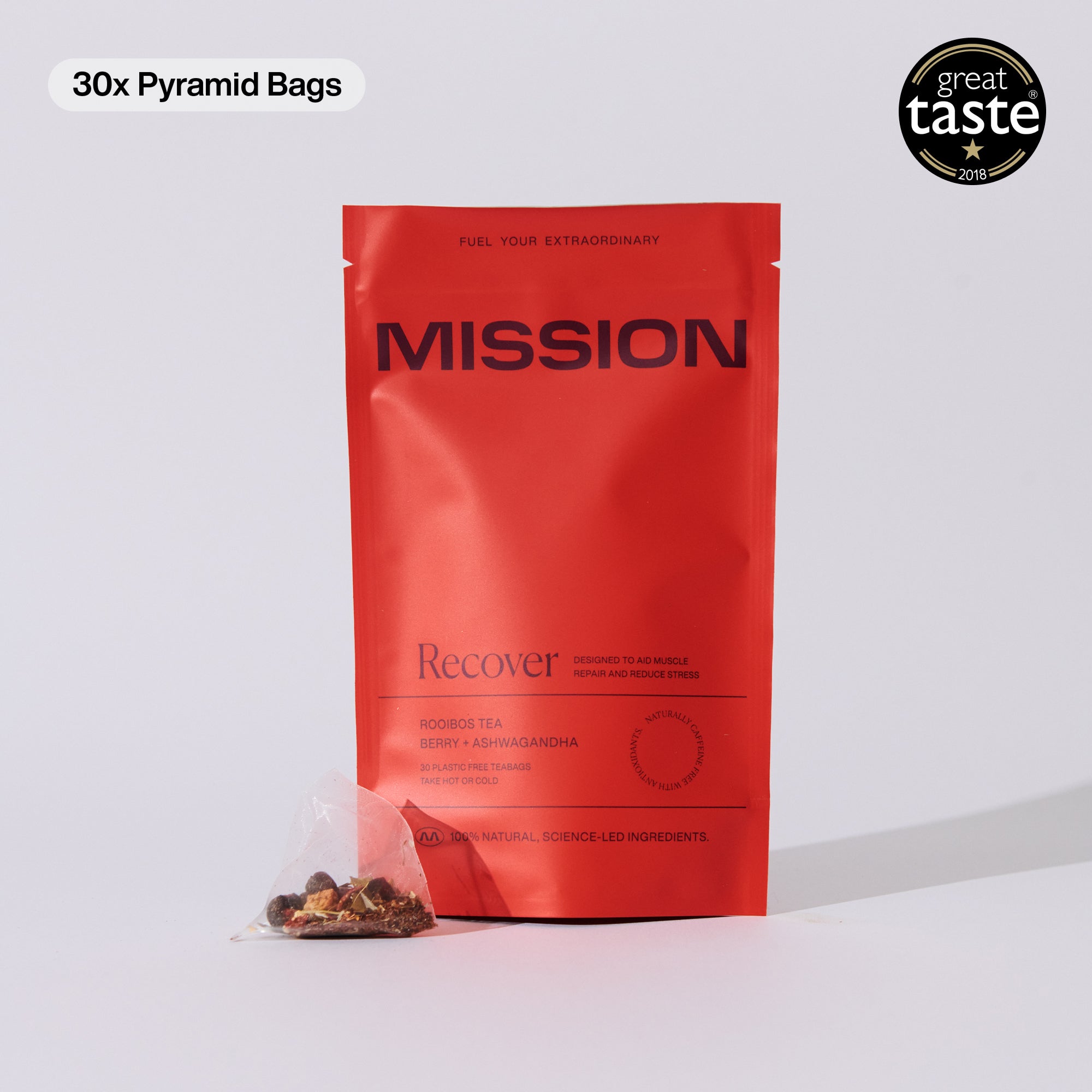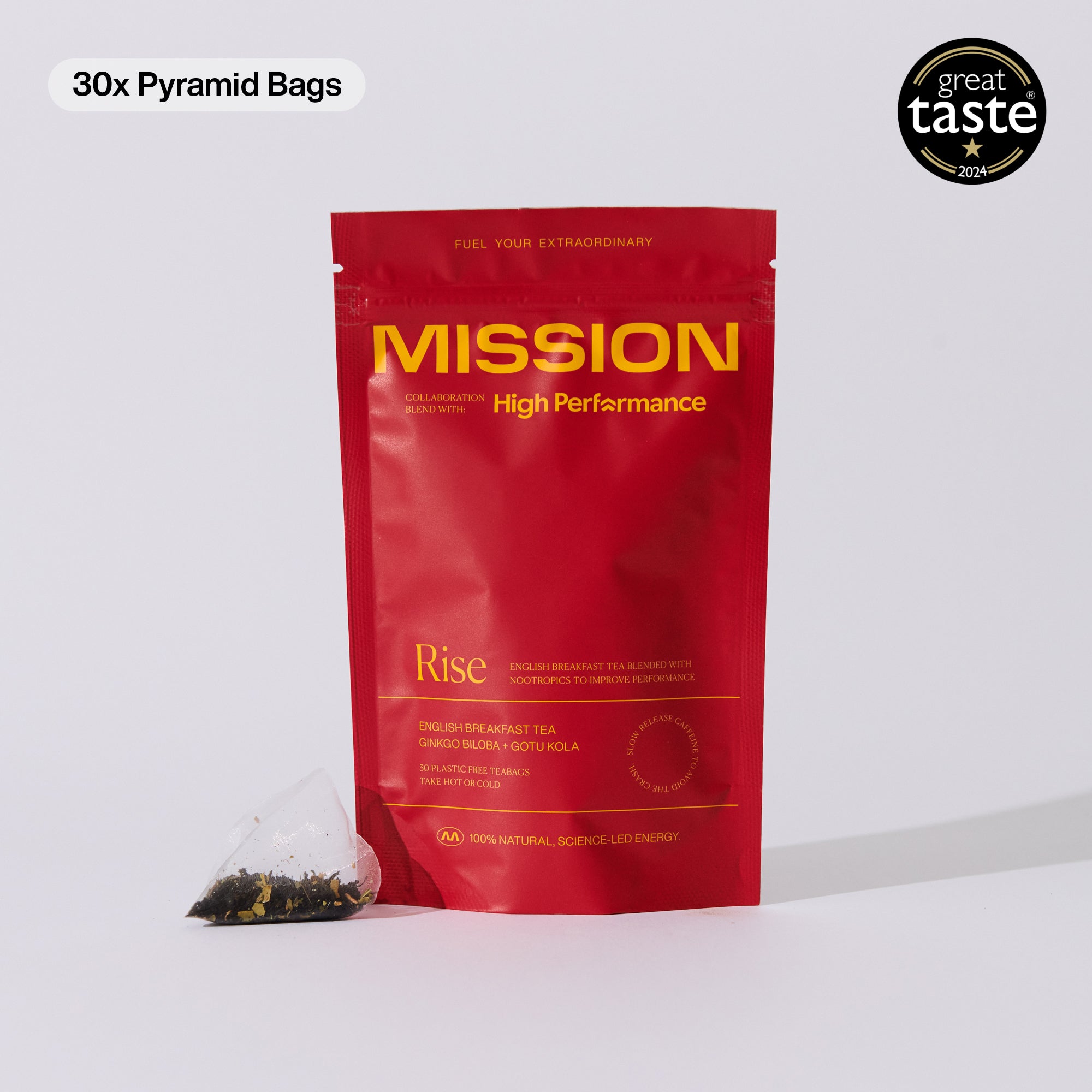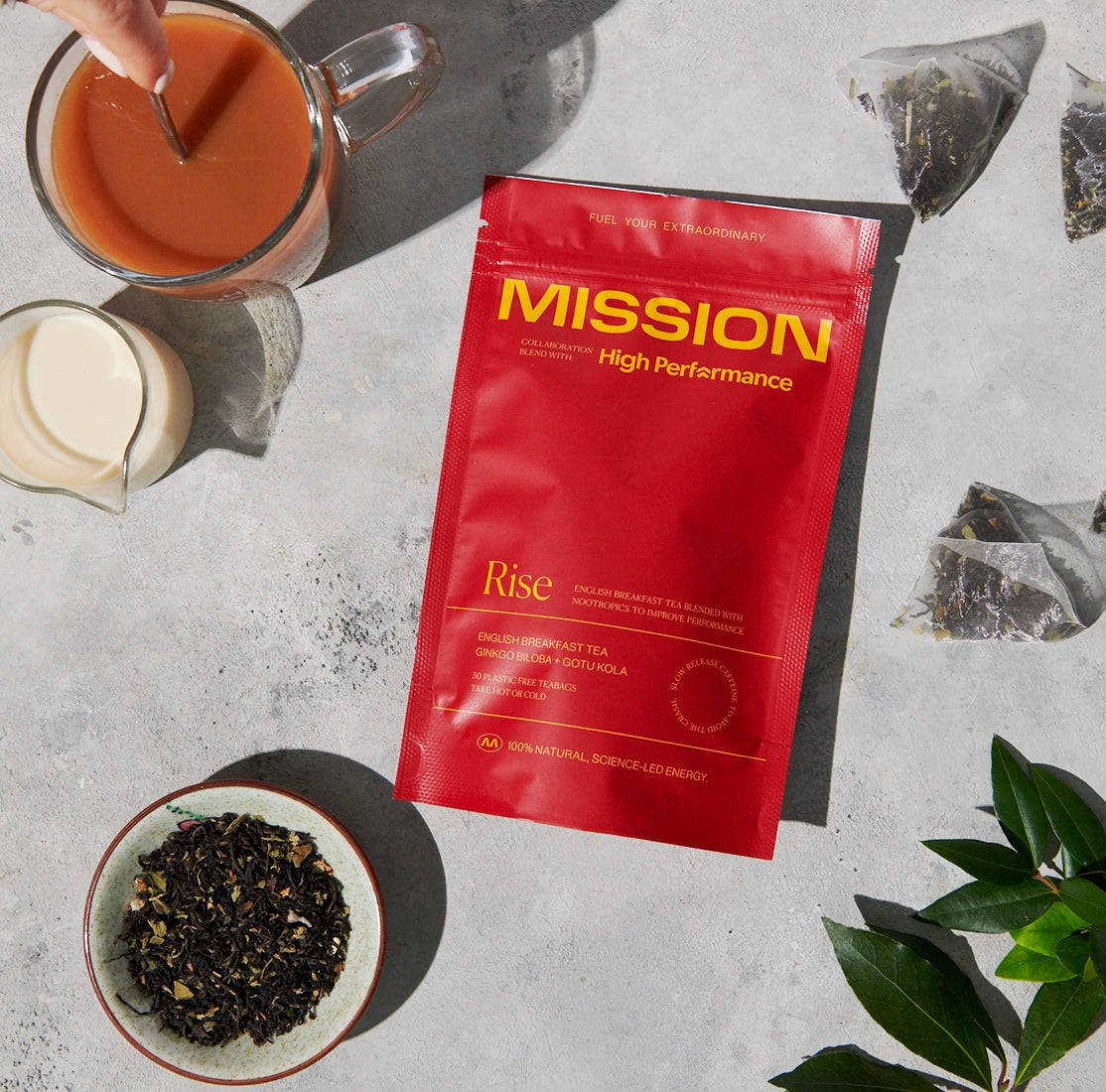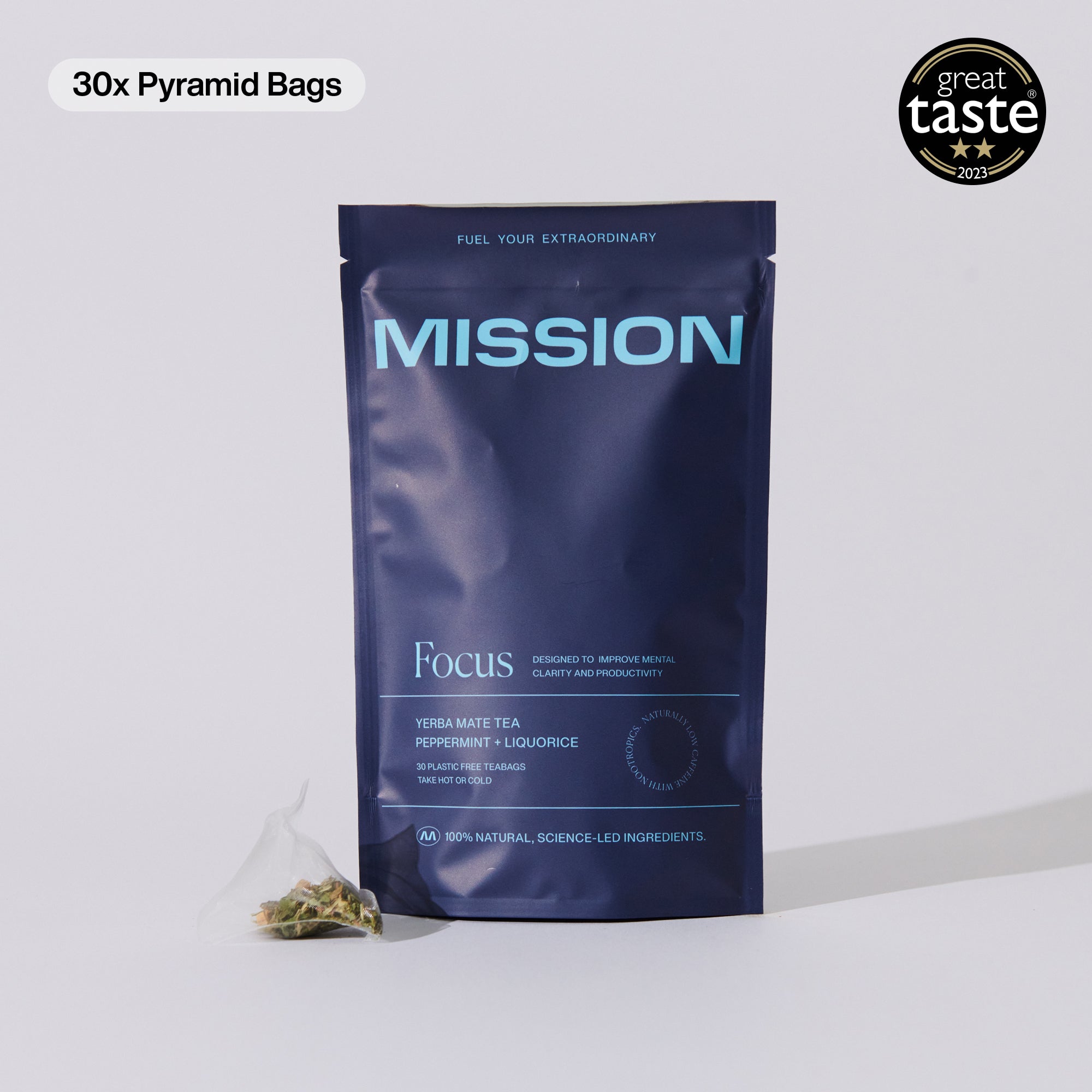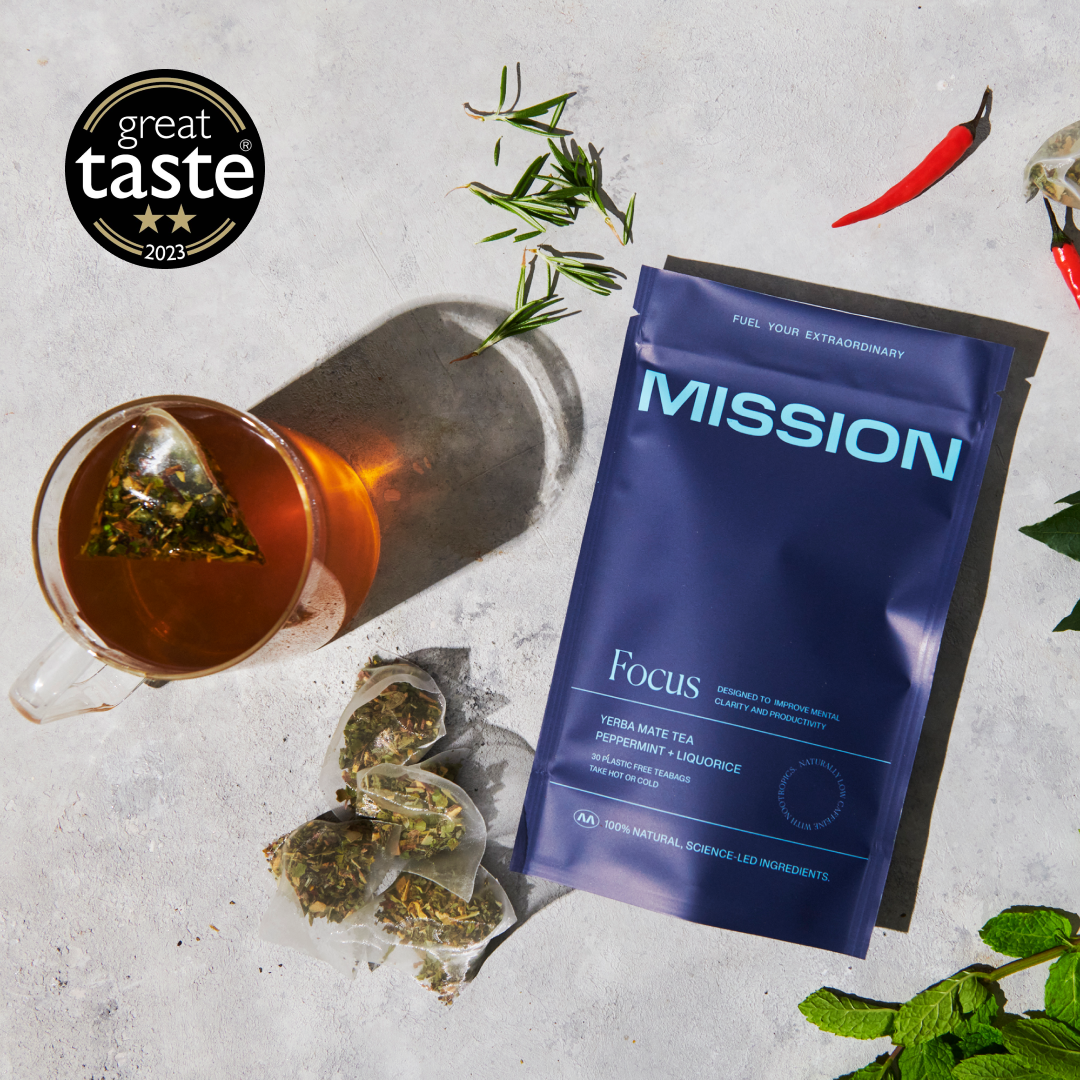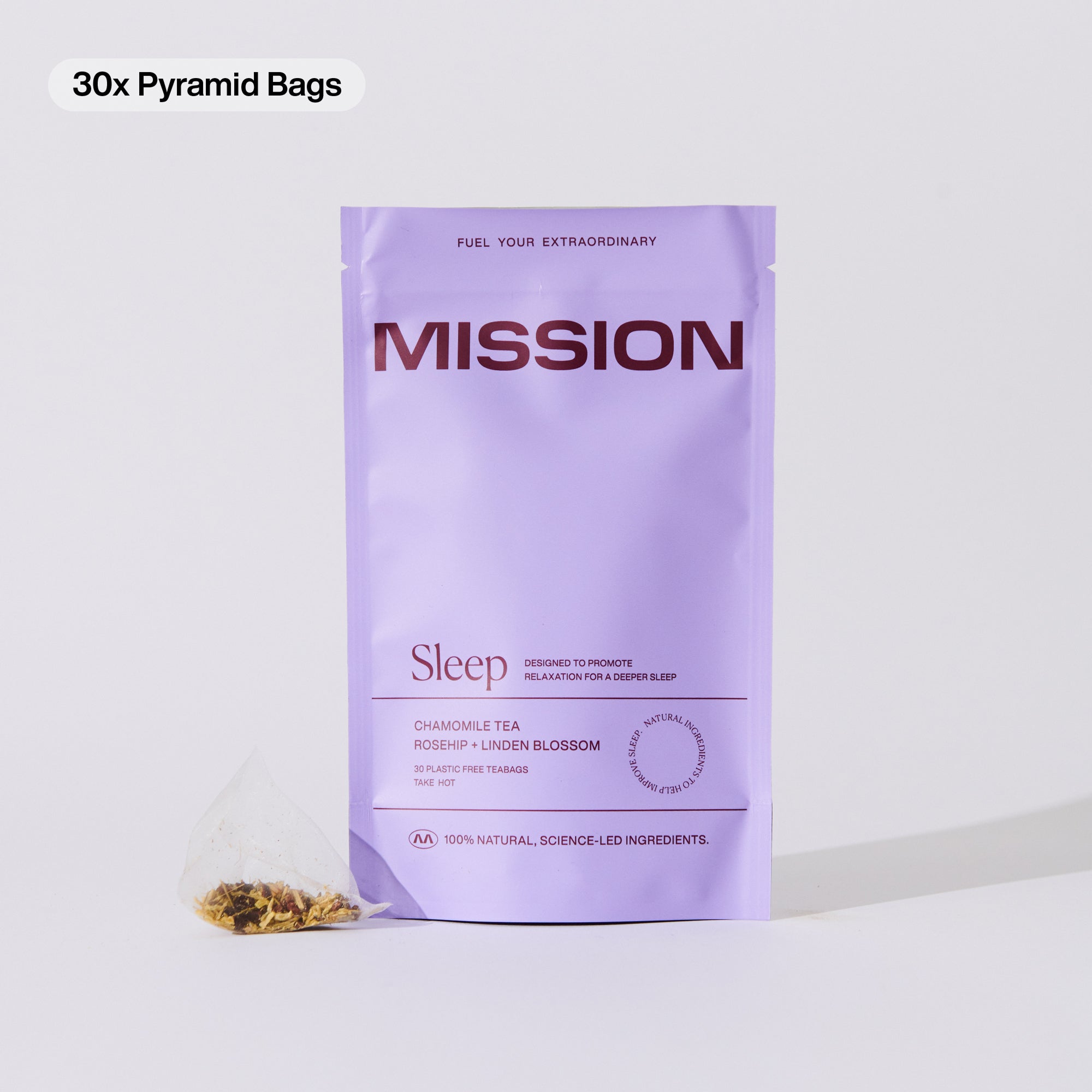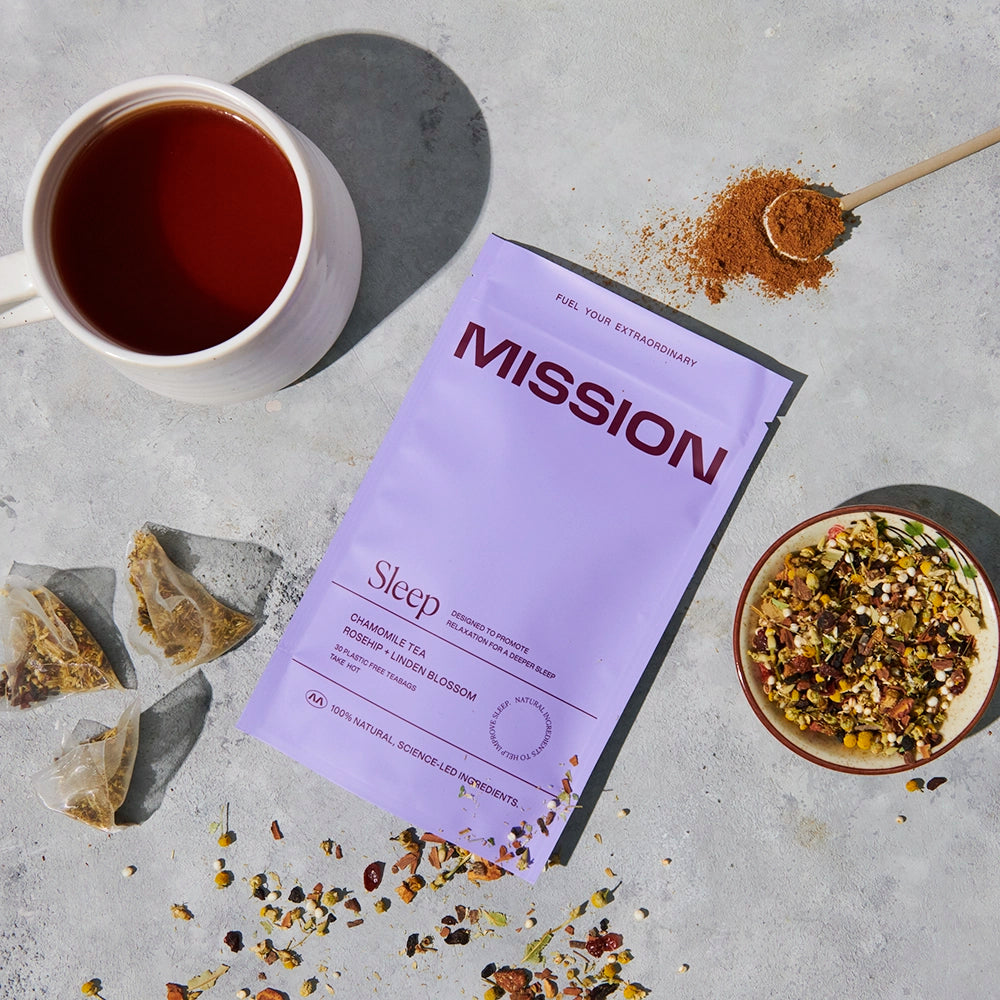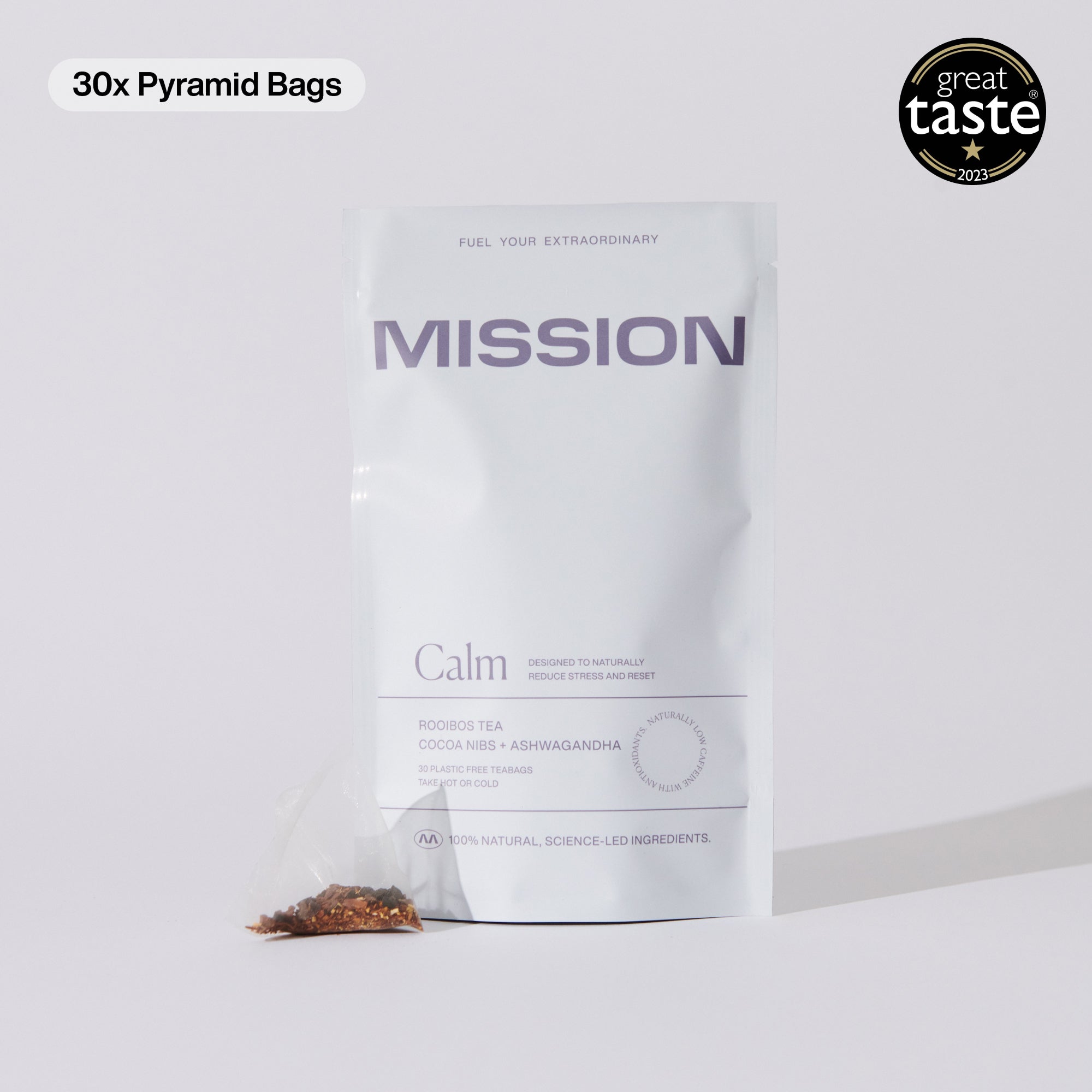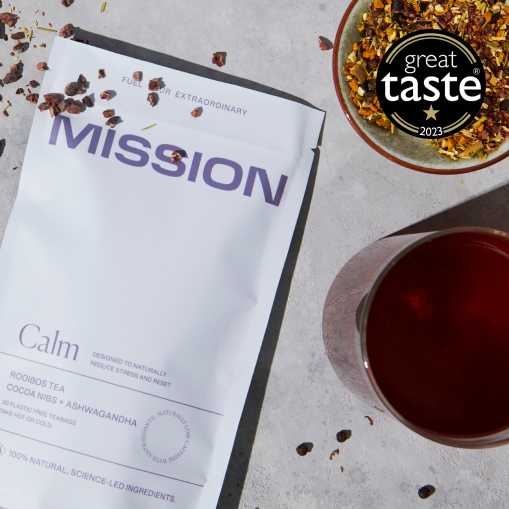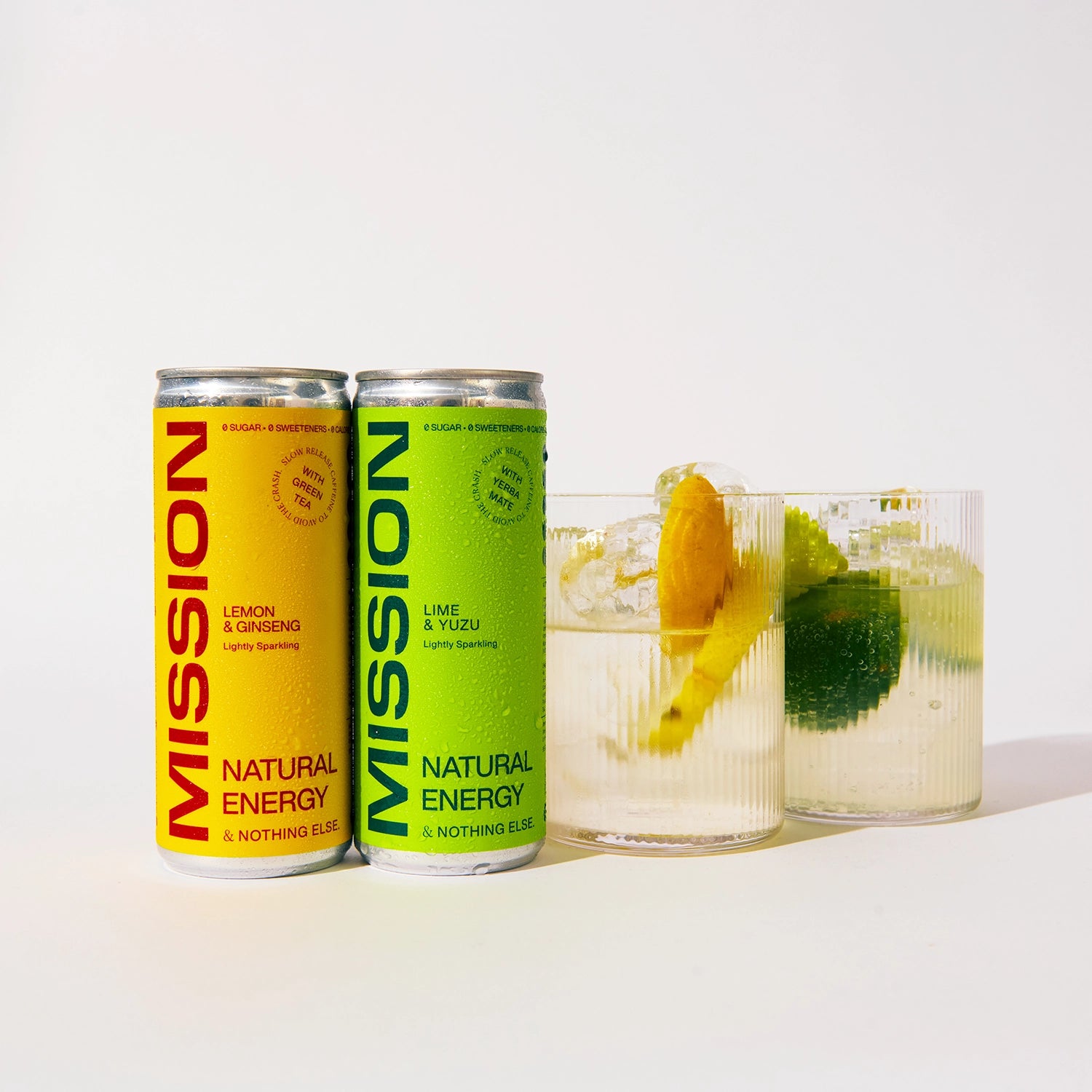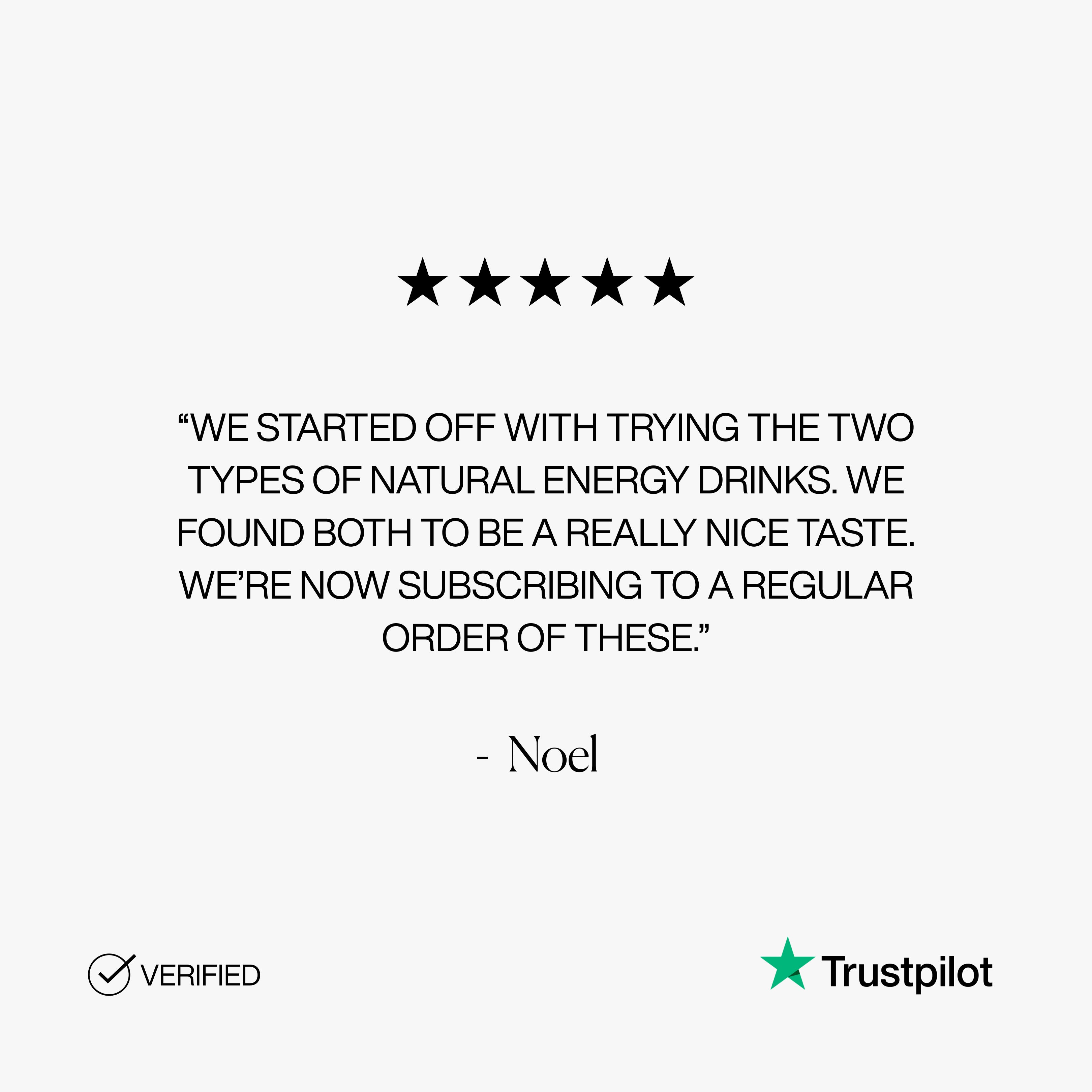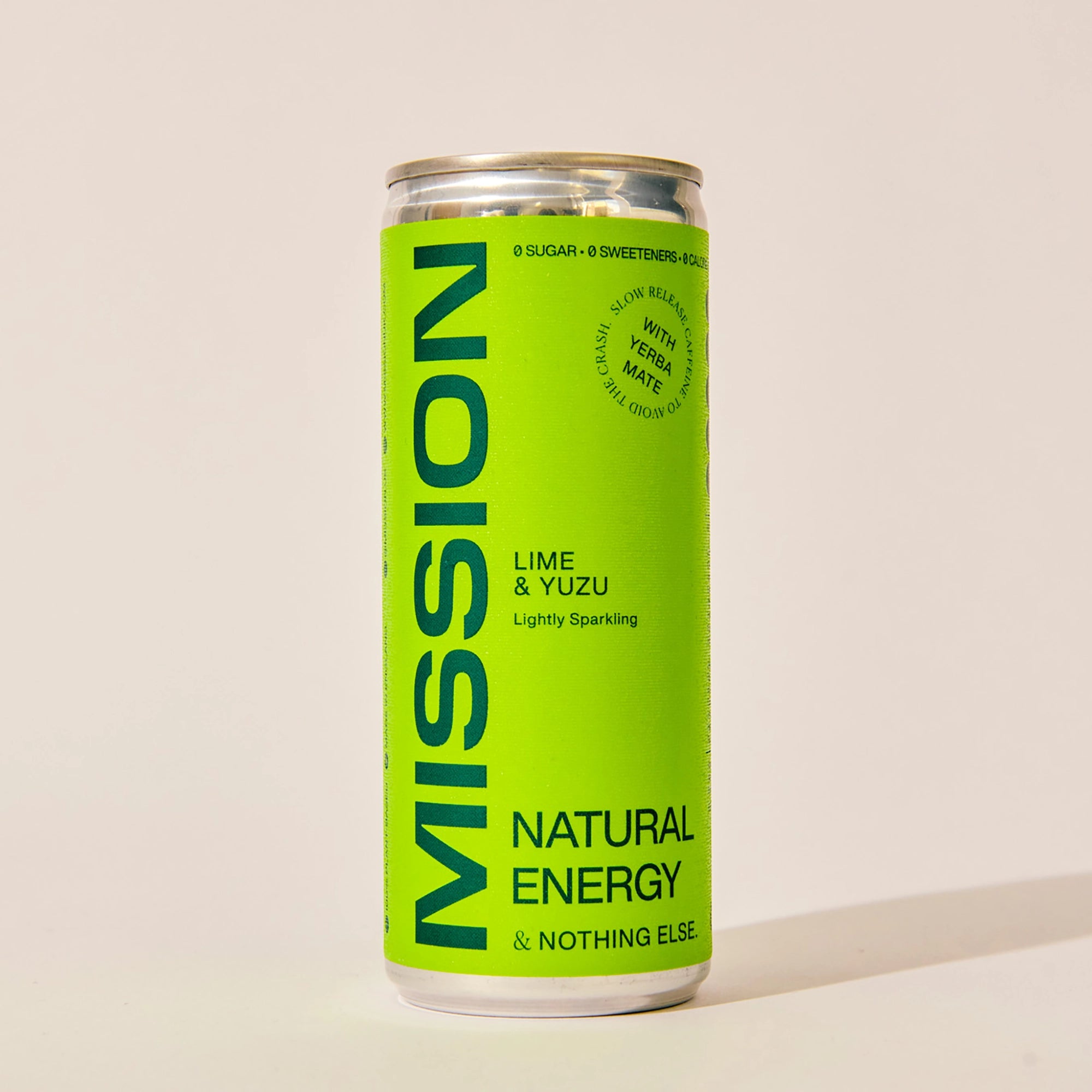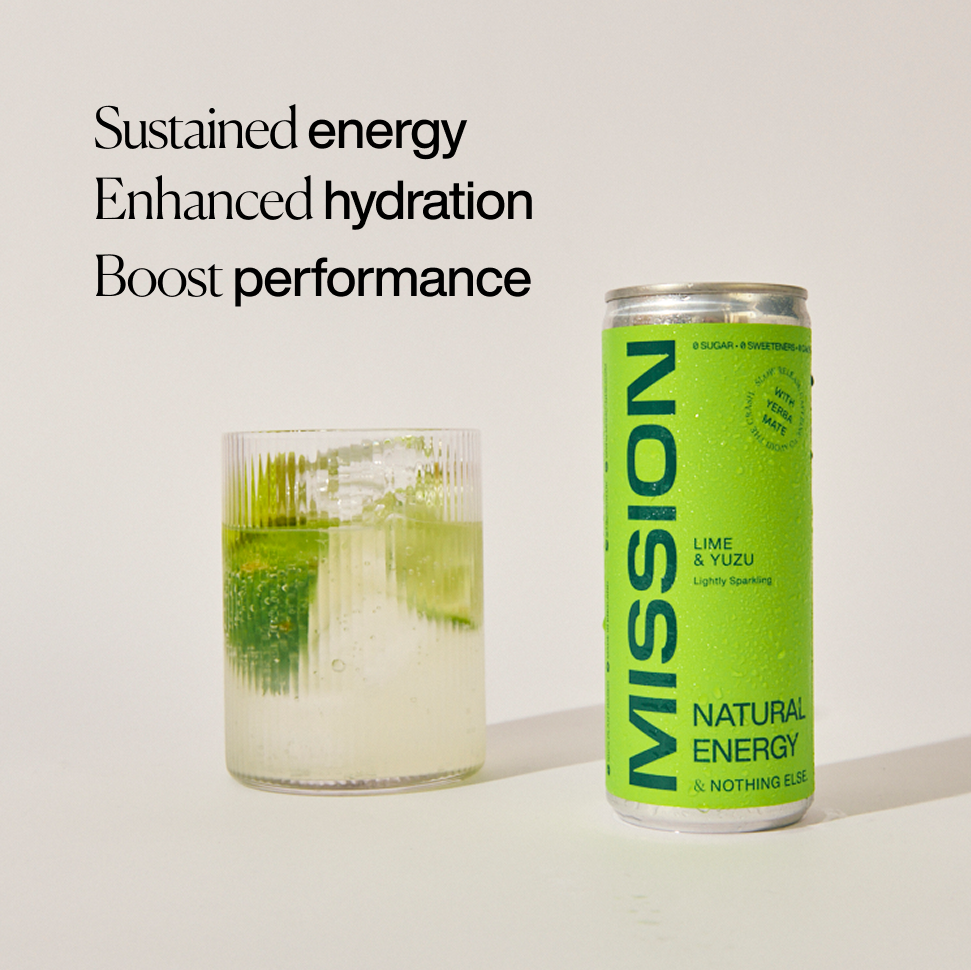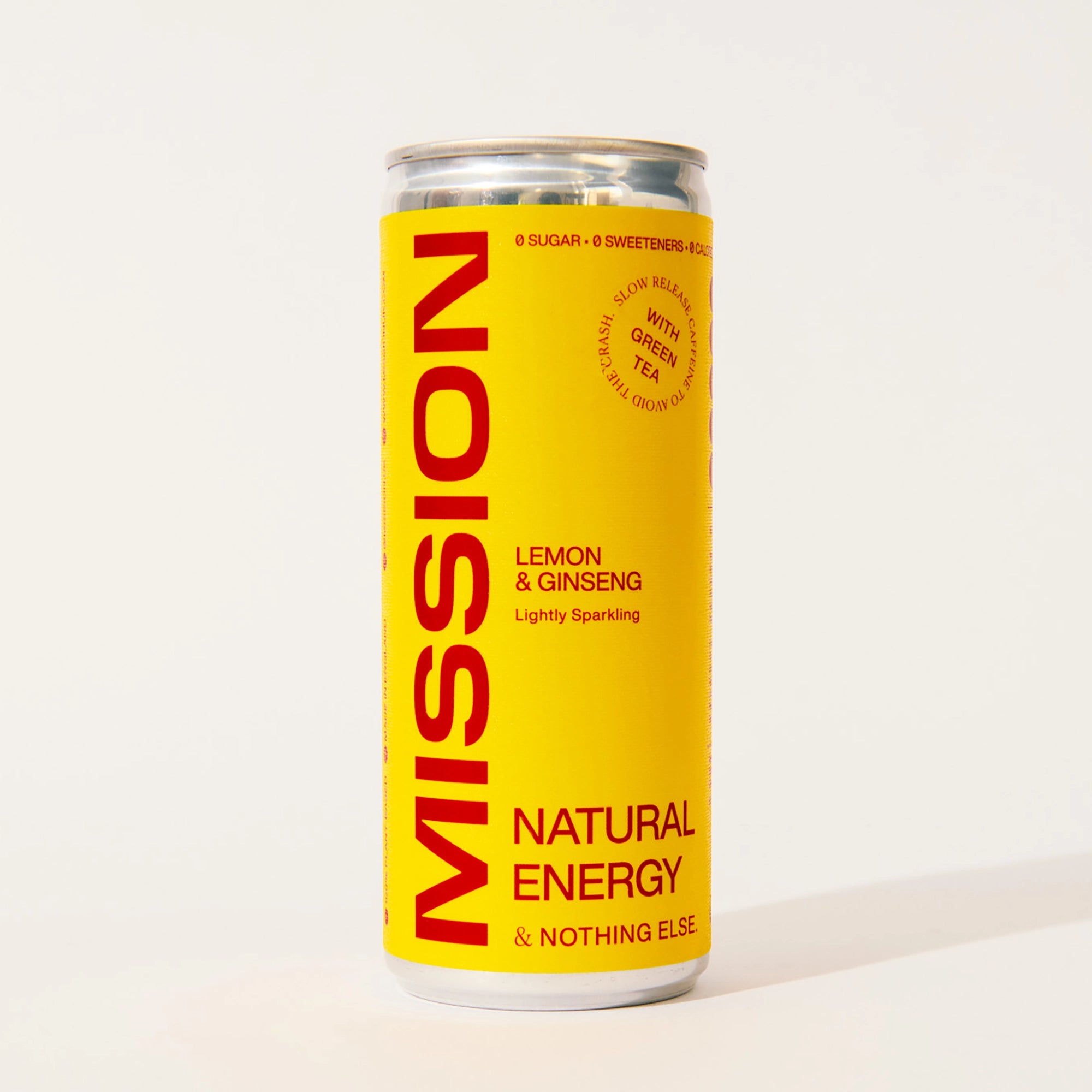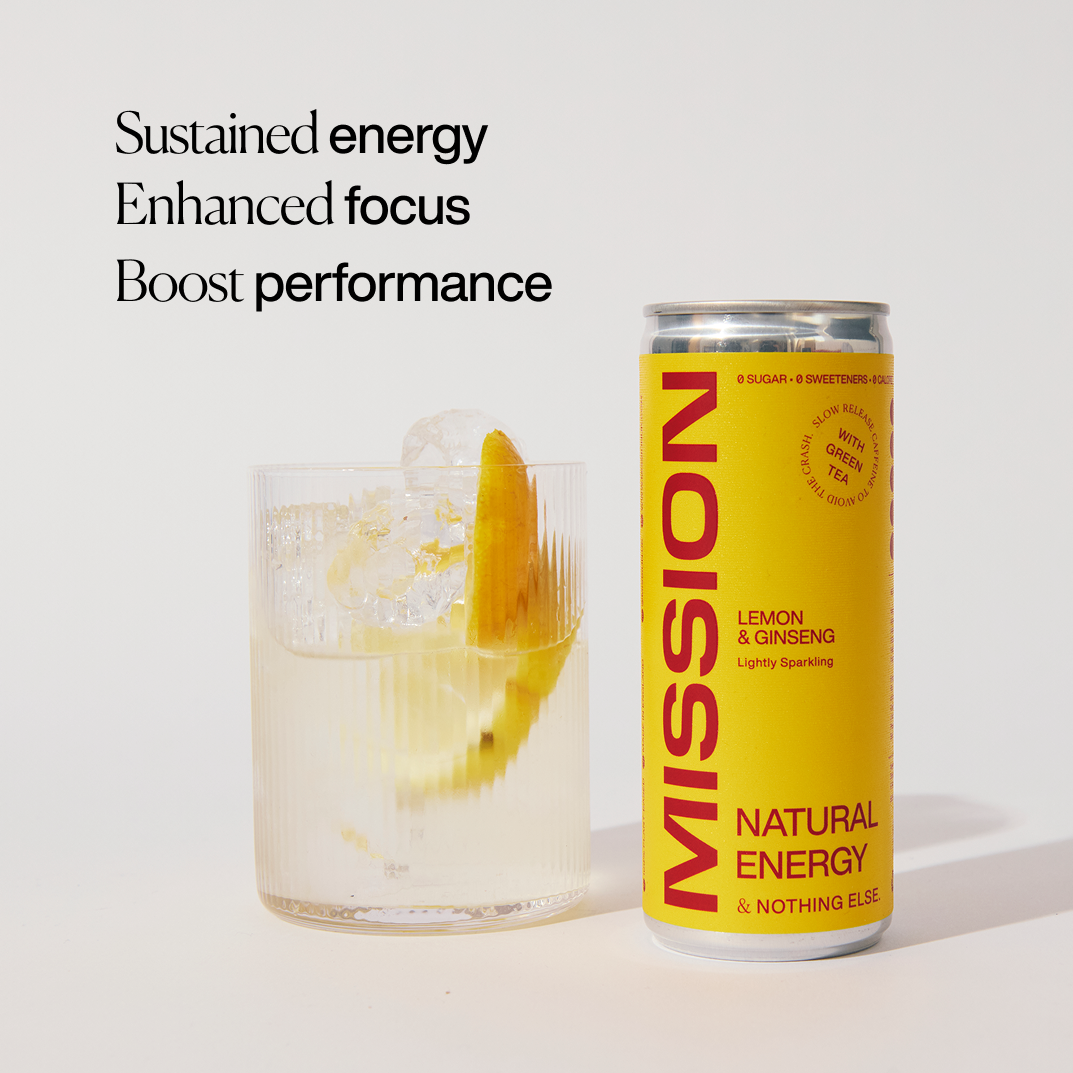Nutrition to support your immune system this winter
Immunity could be one of the most complex areas within nutrition.
Over the last few years, immunity has seen an exponential google-search increase, no doubt a key driver for the number of global product launches with an immune health claim doubling in the past 5 years. Following my newsletter last month featuring my immune supporting recommendations, many of you asked for more details to help you this winter...

Before you read on, I have a caveat! I am a firm believer in a food first approach. Remember, supplements are not a replacement for whole-foods! Where things can’t be obtained through food/natural sources (e.g. vitamin D from the sun), supplements can help to achieve a specific health or performance benefit. Winter is notorious for carrying a lurgy, which is why I make sure my cupboards are well stocked of certain ingredients (you’ll see below) that are known for supporting immune function during this testing time for it!
While it is important for you to reach the sufficient recommendations of all the micronutrients to contribute to improved general health, the below have been selected for their more specific action and beneficial role on the immune system. This is not to say that other vitamins aren’t as important for health. As always, please reach out with any questions or other topics you’d like covered.

Vitamin C
Whenever you mention immunity, almost everyone will think ‘Vitamin C’ and this is for good reason. Vitamin C has both a preventative and reactive function within the immune system. It has a ‘barrier’ like function (that is, works at keeping pathogens out of your cells) as well as being involved in the defence mechanisms when/if those pathogens do infiltrate your cells. It can be obtained in your diet through many fruits and vegetables, but is renowned for being found in citrus fruits (including lemons, limes etc.). While oranges are the most well known source, they are not the most abundant source! In fact, a red pepper has almost 3x more Vitamin C than an orange, plus peppers are much lower in sugar! Other sources of Vitamin C from foods are tomatoes, potatoes, strawberries, broccoli, Brussels sprouts (how festive!) and kiwis.

Zinc
Another nutrient that affects multiple areas of the immune system, but has earned its place on this roster due to its crucial role in the development + function of the cells that attack the pathogens. Zinc is found in meat + fish, with beef and oysters topping the rankings (closely followed by pork, prawns and turkey, which again, is great for Christmas time!). Something interesting to note is that Zinc is not really found among plant sources (e.g. fruit + vegetables) and absorption of Zinc is actually impaired by the presence of most fruit and veg. Something that can help with the absorption of Zinc is citric acid, so try and add a squeeze of lemon or lime to your meat/fish of choice to get the most out of it!
Vitamin A
Vitamin A has a very similar role to play in immune function to Zinc with its support on the development + function of key immune cells. It also plays a big role in the mucosal immune system which is responsible for creating protective fluid barriers around crucial cells as well as washing away toxins. It is very easy to get plenty of Vitamin A from your diet through leafy green vegetables (kale, spinach, broccoli), orange and yellow vegetables (such as carrots, sweet potatoes, pumpkin/squashes), red peppers and eggs. So, there is no need to supplement this one but just make sure you’re getting enough in from these sources.
Garlic
Much more than a flavour packed herb! I’m sure this is an easy one for you to make sure you’re getting enough of this winter. Garlic has long been associated with immune function. It plays a crucial role in maintaining a ‘steady state’ of our immune system, that is to make sure it doesn’t go into overdrive unnecessarily, but that enough of the necessary immune cells are in the right place.

Probiotics
Did you know that the majority of our immune cells live in our gut? I know - first the gut-brain axis, now the immune system too?! The gut is pretty incredible. In an immune context, consuming probiotics may support mucosal and other key immune cells. Some studies have also found that certain strains of probiotics may reduce the risk of viral infections, but this is still a very new area in science, so research is ongoing. Given how involved our gut is in many functions, it is no wonder it has made it on my list of immune essentials. You can get Probiotics through fermented or cultured foods (such as yoghurt, kefir or kimchi).
Why I go for a food first approach
I am not against supplements at all! They serve a great purpose when convenience is your number one priority. The reason I aim for food first is because through eating food, you are consuming a whole combination of other powerful nutrients which actually help to absorb the vital nutrients better. For example, iron is better absorbed with a source of Vitamin C (so a combination of spinach + red pepper is a great boost!). Simply taking a tablet means absorption rates are lower + you don’t get the added benefits of the other incredible nutrients that food provides, (especially fibre which is something we all need more of!) Oh and the obvious one, how tasty food is!!
Hopefully this hefty read has been helpful for you all! I hope you can go into Winter armed with knowledge on how to support your immune system as best as you can. As always, if you have any topics you'd like me to cover in these spotlights, please let me know!



